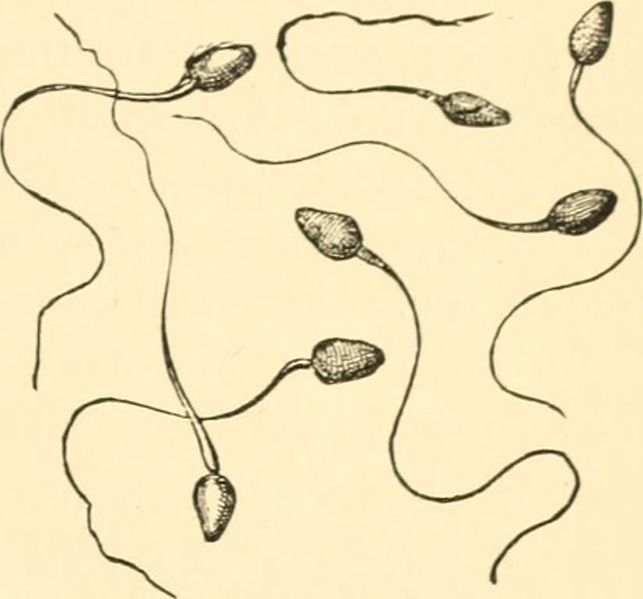In the wild uproar around an experiment in China that claimed to have created twin girls whose genes were altered to protect them from HIV, there’s something worth knowing—research to improve the next generation of humans is happening in the US, too.
In fact, it’s about to happen at Harvard University.
At the school’s Stem Cell Institute, IVF doctor and scientist Werner Neuhausser says he plans to begin using CRISPR, the gene-editing tool, to change the DNA code inside sperm cells. The objective: to show whether it is possible to create IVF babies with a greatly reduced risk of Alzheimer’s disease later in life.
To be clear, there are no embryos involved—no attempt to make a baby. Not yet. Instead, the researchers are practicing how to change the DNA in sperm collected from Boston IVF, a large national fertility-clinic network. This is still very basic, and unpublished, research.
Yet in its purpose the project is similar to the work undertaken in China and raises the same fundamental question: does society want children with genes tailored to prevent disease?
Since Sunday, when the CRISPR babies claims was made...




